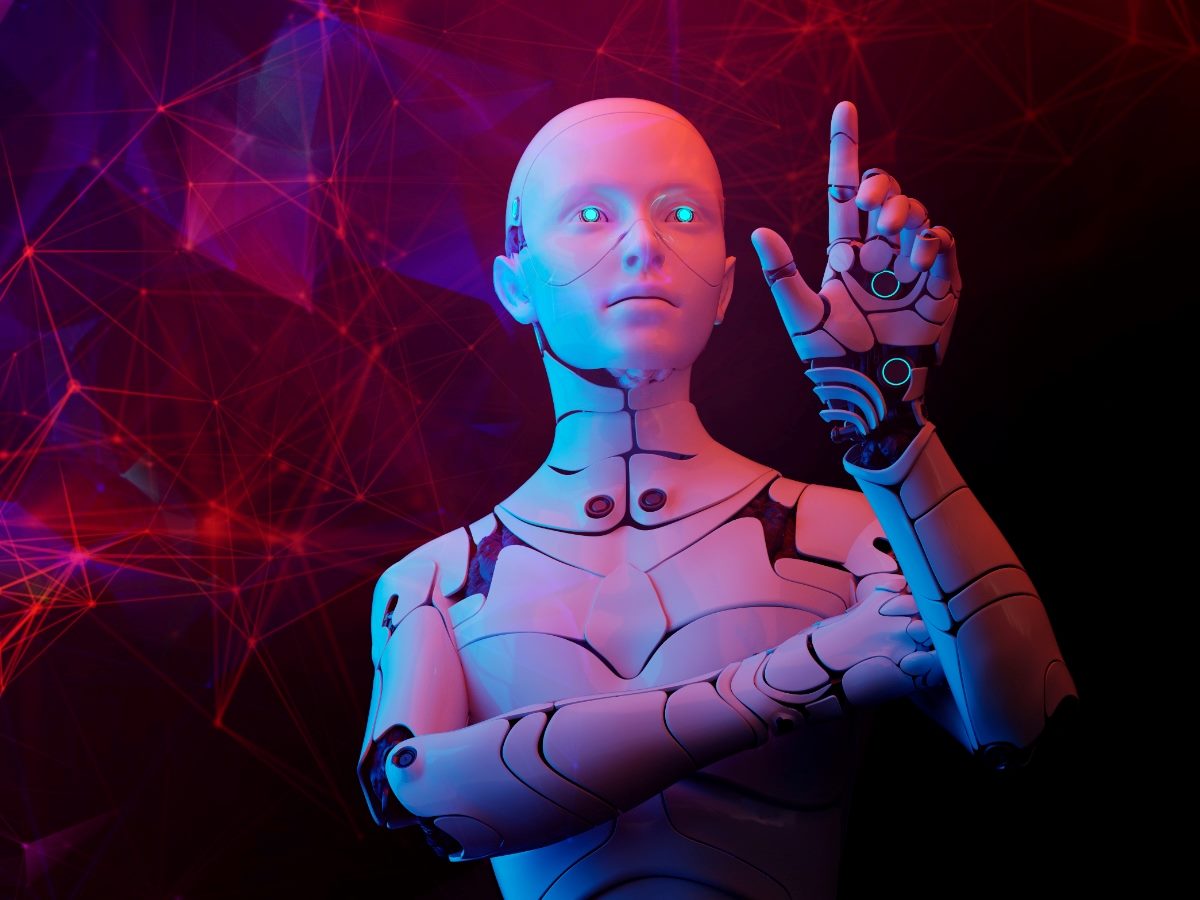The Gist
- ByteDance buys. ByteDance invests $1B in Nvidia's GPUs in 2023.
- GPU scarcity. High demand and disrupted supply chains cause shortage.
- China competes. Chinese tech giants' investments aim to challenge West's AI dominance.
ByteDance, the company that created TikTok, along with other Chinese tech giants such as Tencent, Baidu, and Alibaba, is reportedly investing heavily in Nvidia's High Performance Computing (HPC) products — with ByteDance alone having ordered around $1 billion worth (about 100,000 units) of Nvidia Graphics Processing Units (GPUs) in 2023 so far.
GPUs are incredibly important for a variety of applications, particularly for tasks that require high-performance computing. In the context of AI and machine learning, GPUs can significantly speed up the training of models like OpenAI’s ChatGPT. But with the increased interest in AI and ML, a surge in cryptocurrency mining, and the disrupted supply chains and manufacturing processes around the world following the COVID-19 pandemic, which there’s currently a shortage.
China’s increased investments are broadly seen as an attempt to keep the West from dominating the field of AI. Apparently, their demand is so high, it surpasses China's own distributor capacity, which is why companies have been directly negotiating products with Nvidia — a company known for its consistent innovation in the GPU space.
In other AI news ... and speaking of GPUs ...
Sam Altman Contemplates GPU Scarcity, While Mars Gets a Thumbs Down
Yesterday I wrote an article on the possibility of OpenAI venturing into the AI model marketplace. Raza Habib, co-founder and CEO of Humanloop, contributed to this speculation in blog post about what OpenAI CEO Sam Altman shared during a private developer meeting in London — including that he was “considering hosting a marketplace for community contributed models in the future.” Apparently Altman also revealed that OpenAI’s biggest challenge is the significant shortage of GPUs that’s not only interfering with their immediate strategies but also affecting the dependability and performance of their API.
On a different topic, during an appearance at UCL, Altman shared his lackluster opinion of Mars. When asked by an audience member about using super-intelligence to help humans visit Mars, he replied, “I have no desire to go and live on Mars — it sounds horrible … If we can send robots first and we can spruce it up a little bit that seems much better. But I think Earth is really quite wonderful.”
Related Article: From Apocalypse to Eden: Marc Andreessen's AI Utopia
Artificial Outrage: Artists Assemble Against Marvel's AI Invasion
In a move that caused an uproar among artists who fear that AI-generated art could discredit their work and threaten their livelihoods, Marvel's latest series, Secret Invasion, has sparked controversy after its director, Ali Selim, confirmed that the show's opening sequence was designed using artificial intelligence by VFX company Method Studios.
While real artists were also credited for the opening sequence, the use of AI technology by a multi-billion-dollar studio like Marvel has stirred concern with visual development concept artist Jeff Simpson stating that AI is “unethical, dangerous and designed solely to eliminate artists careers.” Independent filmmaker Brian Long echoed these concerns, describing the use of AI as “utterly horrifying.” Some viewers are even calling for a boycott of the series. This marks the first time a Marvel TV show has used AI in this manner, although AI has been used in other Disney content. Marvel has not yet responded to the criticism.
OpenAI Dodges High Risk Bullet of EU AI Act
OpenAI has been lobbying the European Union to modify the forthcoming AI Act, a comprehensive legislation aimed at regulating artificial intelligence. But according to documents obtained from the European Commission via freedom of information requests by Time, despite publicly advocating for robust AI regulatory frameworks, OpenAI has been pushing for the Act to be altered in ways that would lighten its own regulatory burden.
OpenAI's lobbying efforts appear to have been successful, reducing regulatory burdens on their AI systems such as GPT-3 and Dall-E 2. Further, the final draft of the AI Act did not include language from earlier drafts suggesting that general-purpose AI systems should be inherently considered high risk, a label that would impose stringent requirements. Instead, the law now calls for providers of "foundation models," or powerful AI systems trained on vast amounts of data, to comply with less stringent requirements.
Related Article: CEOs: Artificial Intelligence Poses an Existential Threat to Humanity
ElevenLabs Bags $19M and Unveils Multilingual Synthesis
ElevenLabs, an AI platform that launched in Beta earlier this year, that now boasts 1 million registered users, has announced an influx of $19 million in a Series A funding round, led by significant tech industry figures, including Nat Friedman, Daniel Gross and venture capital firm Andreessen Horowitz.
The funding comes on the heels of ElevenLabs latest addition to their portfolio, “Projects.” Projects features Speech Synthesis, a text-to-speech platform utilizing established synthetic voices and VoiceLab, a workflow designed for crafting distinctive voices or digitized versions of existing ones. Recently, the platform has also introduced Eleven Multilingual, a speech synthesis model that supports key European languages.
AI Tweet of the Week: Forbes Names Altman as World’s Most Influential ‘Unofficial’ CMO
Although it’s not his official position, OpenAI CEO Altman, has been named as the #1 most influential Chief Marketing Officer (unofficially) for 2023 by Forbes.
For the influence generative AI has and will on marketers and marketing, Sam Altman is the Unofficial #1 on the 2023 Forbes World’s Most Influential CMOs list. https://t.co/DhlSKnKBiK #MostInfluentialCMOs
Learning Opportunities — Forbes (@Forbes) June 22, 2023
AI Video of the Week: Artists Unite Against Marvel's AI Takeover
As mentioned earlier, the new Marvel series, Secret Invasion, has sparked controversy among artists due to the incorporation of AI-generated art in its opening sequence. Take a look at the debate.
